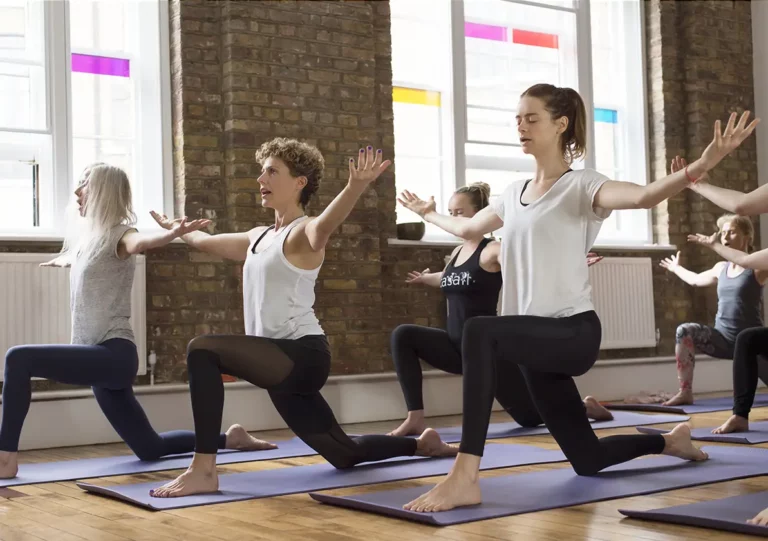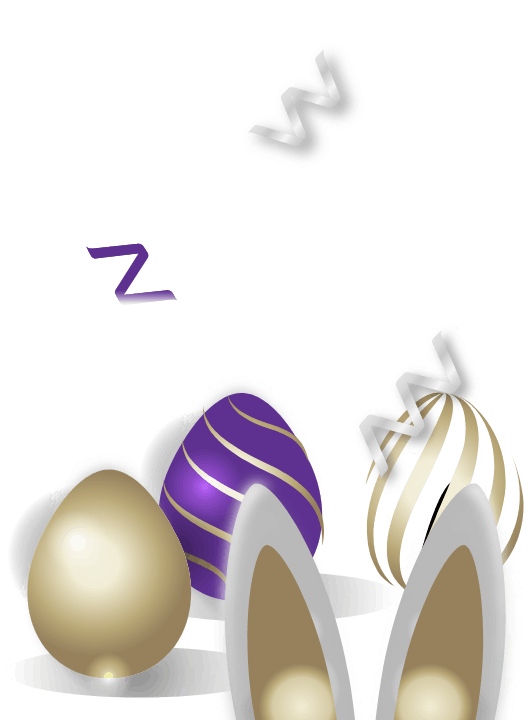Image source: Cartoon Bucket
Mark Twain once said, “I’ve had many worries in my life, most of which have never happened.”
Surely worrying about things that may or may not happen is something we all do and perhaps have done ever since we developed such large and powerful brains. Even as far back as the Roman times, ancient philosophers like Seneca were warning people of the potential problems associated with this kind of thinking:
“There is nothing so wretched or foolish as to anticipate misfortunes,” he said. Seneca believed that allowing negative thoughts to swirl around one’s head was literally a form of madness – and perhaps he has a point.
Even as I’m writing, I can think of at least half a dozen things that are circling around my consciousness, which I’m mildly-to-gravely concerned about – and as Mark Twain points out, may not happen. The kinds of things I’m concerned about range from “Will I have enough time to make my class if I continue writing?” to things that I’m deeply concerned about, like bringing up my two beautiful children in such an uncertain world. Some are more worrying than others, but one thing all these concerns have in common is that no matter how real and important they might be, they are all ultimately the processes of my thinking.
Although most of the time I’m barely aware of this process, this ability to project my thoughts into the future is clearly part of what has enabled us humans to become the most powerful creatures on the planet and is one of two things that makes us uniquely human, the other being that ability to recognise symbols.
A squirrel, for example, doesn’t store nuts for the winter because it remembers what happened last time it got cold and food was scarce – no, it does so on instinct. We, on the other hand, have the ability to use parts of our brain that store information to imagine what might potentially happen in the future. This was clearly an advantage through our evolution when surrounded by predators. However, once we moved into more secure environments, this kind of advanced thinking comes at a price – mainly because of two fundamental reasons.
The first is that our memories may not be as reliable or as impartial as we think they might be. Clearly many of our informative memories have been formed throughout our lives and are subject to the way we see the world at that point. Just imagine the difference in having an experience as a child, compared to having a similar experience as an adult. Now imagine how that experience can affect the way we look at our life and future. We not only learn from experiences, but we also use them as a lens to look through to view our future experiences – and with any lens, it will inevitably distort what it is that we see.
Also, as our minds project forward to future experiences, our thoughts are subject to something that psychologists call a negative bias. This is where we will focus our thoughts or things that are potentially dangerous, above things that may be beneficial. This works well in a hostile environment where we need to be alert to dangers. Now, take this again into a modern setting where we have many of our basic needs cared for, and it’s easy to see how this tends to make us all a little more like Eeyore, who is constantly fixated on negativity, rather than Tigger, or Winnie the Pooh, who go through life without a care in the world.
No matter how rich, successful or secure a person you may be, this kind of negative thinking happens to varying degrees, to all of us, all the time. In extreme cases, it can lay at the heart of many mental health issues including stress, depression and anxiety. And in many Eastern traditions, this kind of thinking is considered to be at the root of suffering, or dukkha, and makes up a large component of what is viewed as the human condition.
But is there any way of getting around this unfortunate side-effect of being alive, or any way to deal with this inherent madness? Are there any in-built systems or hacks that can help us to address our overactive negative-biased minds?
Well, clearly being aware of the problem and catching ourselves when we engage in this kind of thinking is the first step. The observation of our thoughts makes up a large component of the meditation practice called mindfulness. Understanding the thought process and observing our negative thoughts as they happen goes a long way to changing the way we interact with the world around us. It can improve our relationships, improve how we perform at work and greatly affect our physical as well as mental wellbeing.
Catching ourselves when we notice we are thinking this way is one part, but finding ways of bringing ourselves back into living in the present is perhaps the most important part of all. Our outlook becomes very different when we learn to live day-to-day or even moment-to-moment. The less we project into the future, the better.
One of the most effective ways of bringing ourselves right into the present moment is to use our senses and physical sensations – literally to feel instead of think. We are sentient beings, which means we have a nervous system that allows us to feel physical sensation, but we are not able to use sensation in the past or project it into future. When we feel, in other words, we are in a space between past and future. Feelings are immediate and when we are truly consciously feeling, we switch off much of the mental noise that exists in our heads.
Worrying about problems doesn’t help –but having a clear mind can. In this space beyond worrying thoughts, we enter a biological state known as anabolism, which means we grow, we heal, and perhaps as far as our thinking is concerned, we reach a state of creativity that is the best place to address our worries.
Howard teaches a regular Yoga for Stress class at triyoga and is holding a workshop in Camden on the Saturday 11 February entitled ‘meditation for the busy mind’, where he will explore much of what he talks about above, as well as provide practical solutions to quiet a busy mind.











